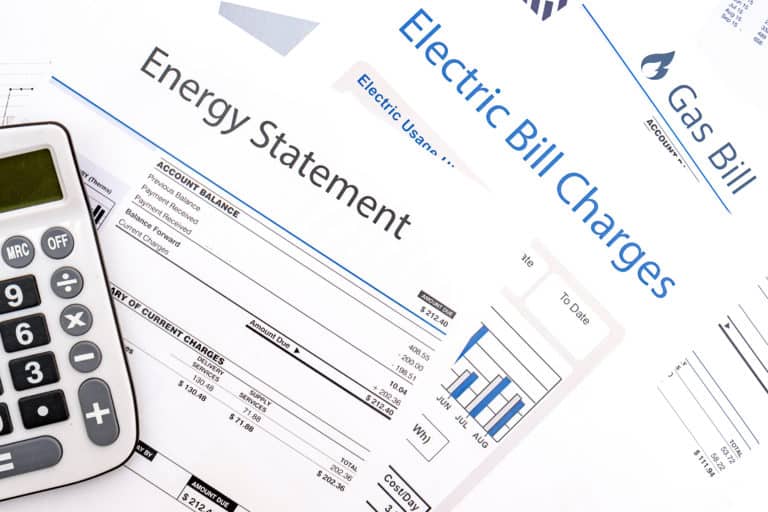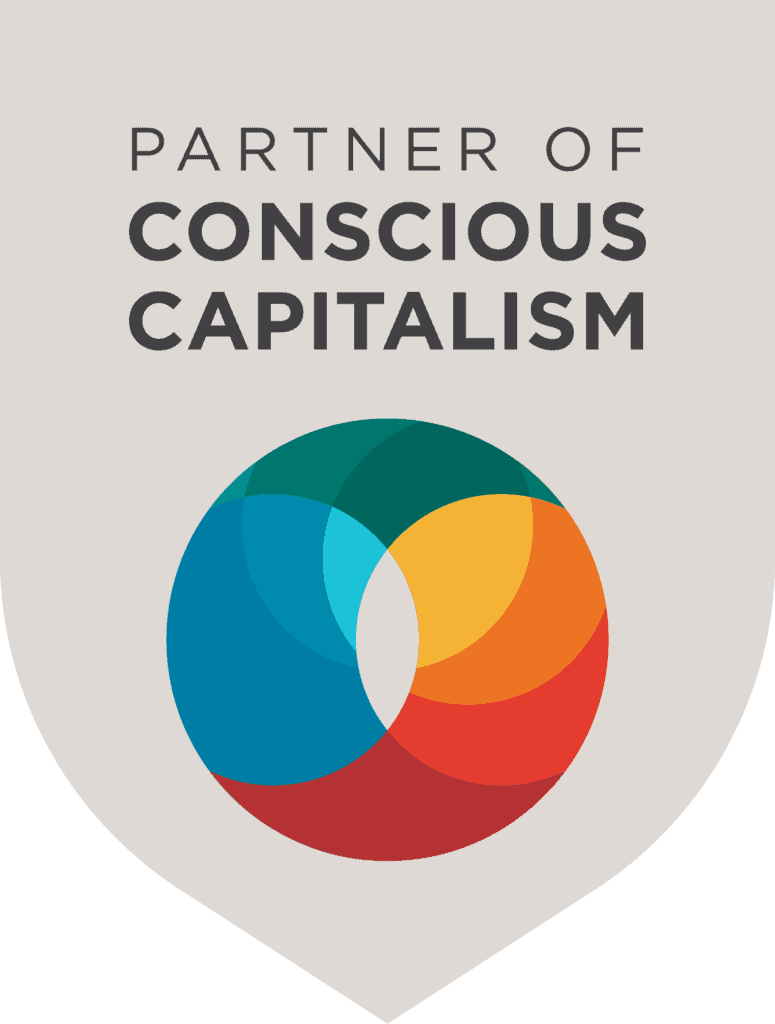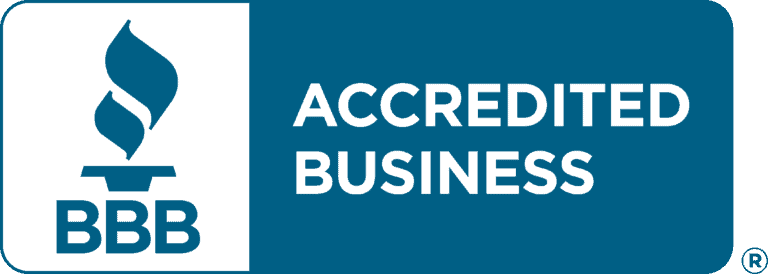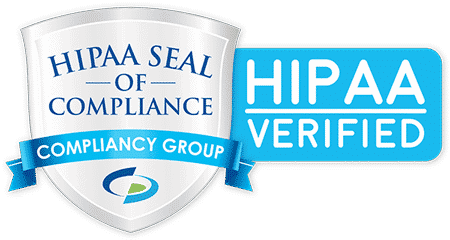Procurement is the thread that holds production, sales, quality, sustainability, and supply chain management together. Thus, it is a commonplace to see business executives on high alert on procurement processes. Consistency reviewing your business’s expenses and strategies can help reduce waste and overages and even help turn a more significant profit. How your business is procuring energy is no different from many other expenses.
As of last year, the average industrial consumer retail energy price is pegged at 7.26 cents per kilowatt-hour. Thus, it is essential to review your energy costs.
Expense To Profit will address everything you need to know about making the best commercial energy procurement for your business.
But first things first:
What is Energy Procurement?
Energy procurement is the simple process of sourcing the energy (fuel, natural gas, electricity) that a business needs to carry out its operations seamlessly. Also known as utility procurement, it searches for a suitable contractor that provides energy services. Your business can achieve this by either subscribing to a utility company or purchasing supplies from retail vendors.
More states in the US are lifting current restrictions, which permit businesses to subscribe to private utility providers. This has opened up an opportunity to suppress monopolies in the energy procuring process while providing transparent relationships with vendors and providers.
Energy procurement with utility companies comes with a lot of benefits:
- Increased operational efficiency
- Reduce energy expenses
- Enhanced operational stability
What are Energy Procurement Services?
There are clear benefits to a business in reevaluating their energy procuring processes, but it is also essential to review what energy procurement services are. These services are companies that provide energy services to businesses and organizations.
However, their responsibilities are not limited to that. They help review your energy package, needs, and current practice to meet them. They also provide strategies to improve energy efficiency and reduce mounting costs.
Components of Energy Pricing
Your energy pricing is made up of several charges and fees. While your utility provider can control some of these costs, others result from the changes in the industry. These costs include:
Capacity Charges
The utility providers collect these charges to ensure energy usage by your business during peak hours. For instance, there is more energy consumption from individuals and businesses that need air conditioning during summer.
Utility providers ensure your business gets energy during those times of high demand. Thus, the charges are passed to you.
Supply Price
This is the amount in kilowatts-hour (kWh) you pay for your business’ daily or monthly energy. This charge is dependent on the energy plans and rates subscription for your business.
However, if your business runs on natural gas, your energy usage is billed in one hundred cubic feet (Ccf). Your bill will be based on your price per thermal unit.
Side note: If your business still runs on natural gas, you should consider tweaking your operations to comply with ESG regulations. We have written an extensive article on why ESG is a competitive advantage for businesses today. You should check it out.
Ancillary Charges
Another portion of your energy charges also includes ancillary charges. These charges are meant to help repair and maintain the system from which energy is transmitted to your business. In the event of an electrical failure, these charges go towards system repairs.
Expected Energy Consumption
While ascertaining your energy charges for the month, utility providers anticipate your business energy consumption. If your business uses more energy, you will pay more and vice versa.
Thus, it is essential to monitor your energy consumption concerning your operations.
Contract Term Length
This is the contract duration between your business and the utility provider. A lengthy contract will most likely secure lower charges than a short duration. Thus, you should ascertain your ideal contract length when sourcing for a utility provider.
Introducing Zentility
Zentility is a leading energy provider that has been in the business of providing energy solutions to businesses. Designed by industry experts, subscribing to the platform comes with many benefits.
The onboarding process is smooth, providing users with a dashboard to organize and buy energy contracts for your business. You will also have access to a pricing matrix where you can state your price and review Zentility’s energy supplier marketplace.
Another benefit includes a digital pricing report with comparative cost and risk analysis before agreeing to an energy contract.
You can request a demo and see all of its unique features.
Conclusion
As a business owner, you should routinely review your costs and unnecessary expenses. How your business is procuring energy is no different. For over a decade, Expense To Profit has been successfully helping businesses significantly reduce their energy-related costs.
Reach out to us to learn about reducing your business overhead costs.






